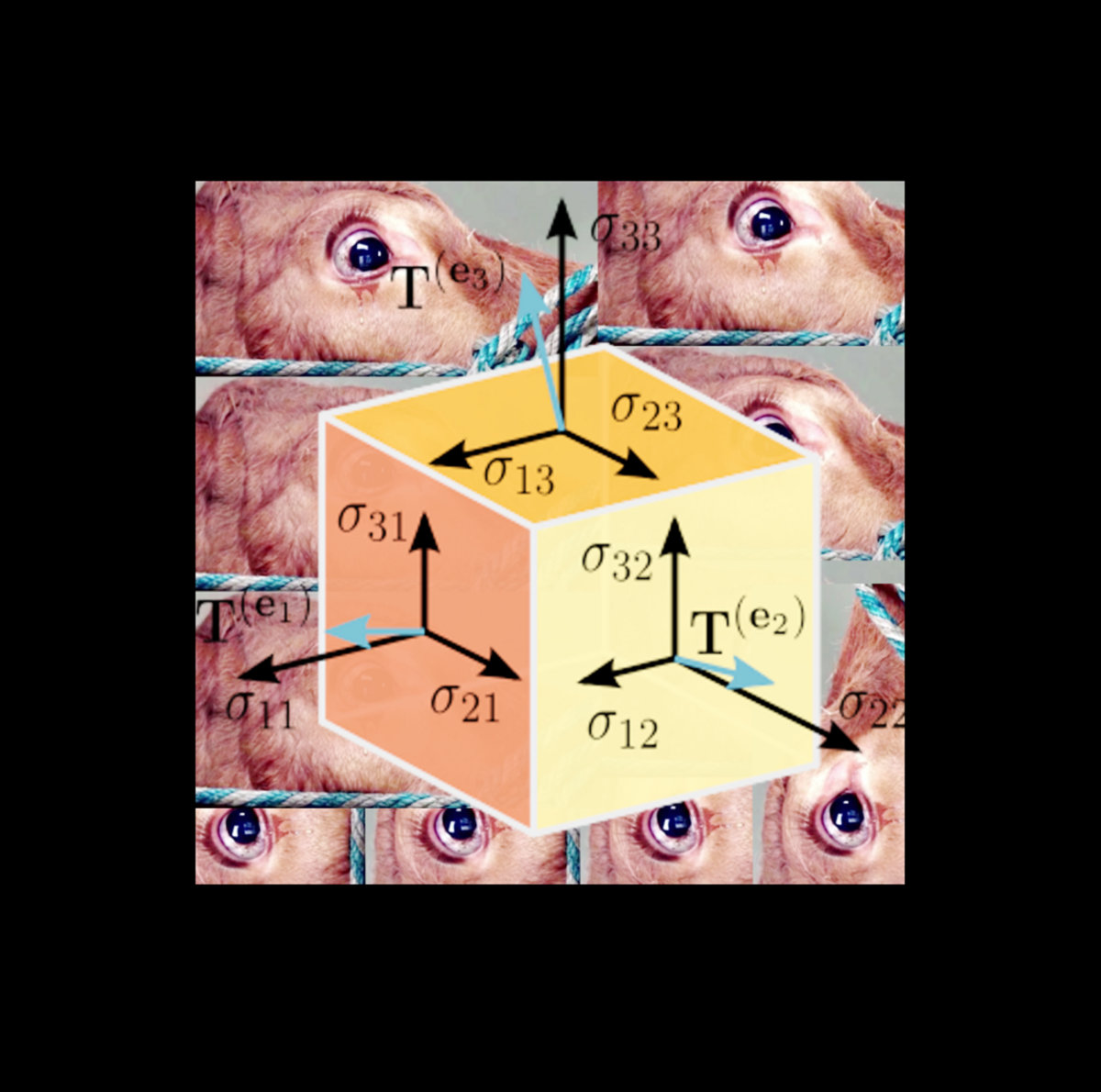
Methods to create torch.Tensor s with values sampled from a broaderĬonstructs a tensor with no autograd history (also known as a "leaf tensor", see Autograd mechanics) by copying data.Ĭonstructs a sparse tensor in COO(rdinate) format with specified values at the given indices.Ĭonstructs a sparse tensor in CSR (Compressed Sparse Row) with specified values at the given crow_indices and col_indices.Ĭonstructs a sparse tensor in CSC (Compressed Sparse Column) with specified values at the given ccol_indices and row_indices.Ĭonstructs a sparse tensor in BSR (Block Compressed Sparse Row)) with specified 2-dimensional blocks at the given crow_indices and col_indices.Ĭonstructs a sparse tensor in BSC (Block Compressed Sparse Column)) with specified 2-dimensional blocks at the given ccol_indices and row_indices.Ĭonverts data into a tensor, sharing data and preserving autograd history if possible.Ĭreate a view of an existing torch.Tensor input with specified size, stride and storage_offset.Ĭonverts a tensor from an external library into a torch.Tensor.Ĭreates a 1-dimensional Tensor from an object that implements the Python buffer protocol. You may also use torch.empty() with the In-place random sampling Torch.rand() torch.rand_like() torch.randn() torch.randn_like() torch.randint() torch.randint_like() torch.randperm() Random sampling creation ops are listed under Random sampling and Returns the total number of elements in the input tensor.ĭisables denormal floating numbers on CPU. Sets the default torch.Tensor type to floating point tensor type t.

Sets the default torch.Tensor to be allocated on device. Get the current default floating point torch.dtype. Sets the default floating point dtype to d. Returns True if the input is a single element tensor which is not equal to zero after type conversions. Returns True if the data type of input is a floating point data type i.e., one of torch.float64, torch.float32, torch.float16, and torch.bfloat16. Returns True if the input is a conjugated tensor, i.e. Returns True if the data type of input is a complex data type i.e., one of ple圆4, and plex128. Returns True if obj is a PyTorch storage object. On an NVIDIA GPU with compute capability >= 3.0. It has a CUDA counterpart, that enables you to run your tensor computations

Tensors and arbitrary types, and other useful utilities.

Tensors and defines mathematical operations over these tensors.Īdditionally, it provides many utilities for efficient serialization of The torch package contains data structures for multi-dimensional Extending torch.func with autograd.Function.CPU threading and TorchScript inference.CUDA Automatic Mixed Precision examples.


 0 kommentar(er)
0 kommentar(er)
